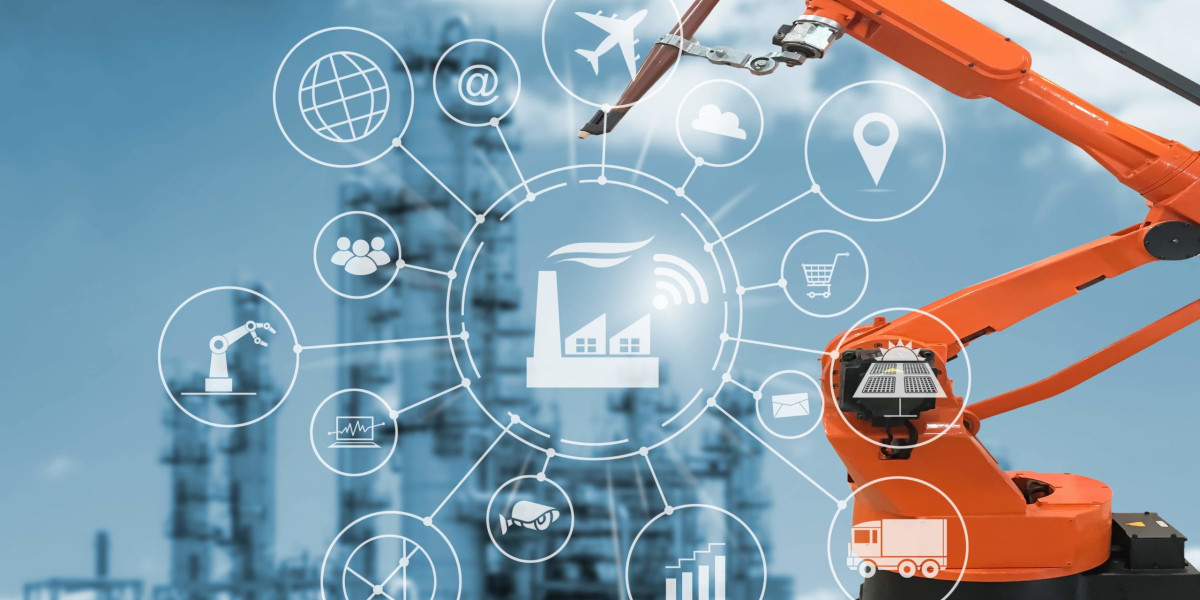India Process Analyzer Market
Introduction
The India Process Analyzer market is witnessing significant growth, driven by the rapid industrialization, increasing focus on process optimization, and stringent government regulations for environmental monitoring. Process analyzers are essential tools used across industries to monitor, measure, and analyze various parameters such as chemical composition, gas concentration, and liquid purity during production processes. In India, the adoption of process analyzers has expanded beyond traditional applications in oil and gas to newer industries like pharmaceuticals, food and beverages, and water treatment.
Market Overview
India’s economic growth and industrial expansion have accelerated the demand for process analyzers that ensure product consistency, safety, and efficiency. The growing need for automation and digital transformation in manufacturing facilities is further boosting market adoption. Indian industries are increasingly realizing the benefits of real-time process data and predictive analytics, leading to improved process control and reduced downtime. Furthermore, rising investments in petrochemical and refining industries have created a strong foundation for the continued expansion of the process analyzer market in the country.
Key Market Drivers
The Indian market is largely driven by environmental and safety regulations, which require continuous monitoring of emissions and waste. The Central Pollution Control Board (CPCB) and other regulatory bodies mandate the use of process analyzers to ensure compliance with pollution control standards. Additionally, growing awareness about process efficiency and cost savings has encouraged industries to adopt advanced analyzer systems. The increasing demand for high-quality products in sectors like pharmaceuticals and food processing also supports market growth, as precise measurement and control are critical for maintaining standards.
Technological Advancements
Technological innovation is playing a vital role in reshaping the Indian process analyzer market. The integration of artificial intelligence (AI), Internet of Things (IoT), and cloud-based data management has enhanced the capabilities of modern analyzers. Real-time monitoring systems are becoming smarter and more connected, providing operators with actionable insights that help in predictive maintenance and process optimization. The trend toward miniaturized, portable, and multi-parameter analyzers is also gaining momentum in India, catering to diverse industrial applications.
Industry Segmentation
The market in India can be segmented based on product type, including gas analyzers, liquid analyzers, and spectroscopy analyzers. Among these, gas analyzers hold a dominant share, especially in power generation and oil and gas industries. Liquid analyzers are widely used in the pharmaceutical, chemical, and water treatment sectors. In terms of end-use, industries such as refineries, petrochemicals, and food and beverages are major consumers. The water and wastewater treatment sector is also witnessing rapid growth in analyzer adoption due to increasing environmental concerns.
Challenges and Opportunities
Despite positive growth trends, the Indian process analyzer market faces challenges such as high installation and maintenance costs, lack of technical expertise, and dependency on imported technologies. However, these challenges also create opportunities for local manufacturers to develop cost-effective and region-specific solutions. With government initiatives like “Make in India,” domestic production and R&D in process analytical technologies are expected to grow, promoting self-reliance and innovation.
Future Outlook
The future of the India Process Analyzer market looks promising, with strong potential in emerging sectors such as renewable energy, smart manufacturing, and pharmaceuticals. Increasing adoption of Industry 4.0 technologies, coupled with a focus on sustainability, will drive further innovation in the coming years. As industries move toward digitalization and process automation, process analyzers will continue to play a crucial role in ensuring quality, safety, and environmental compliance.








